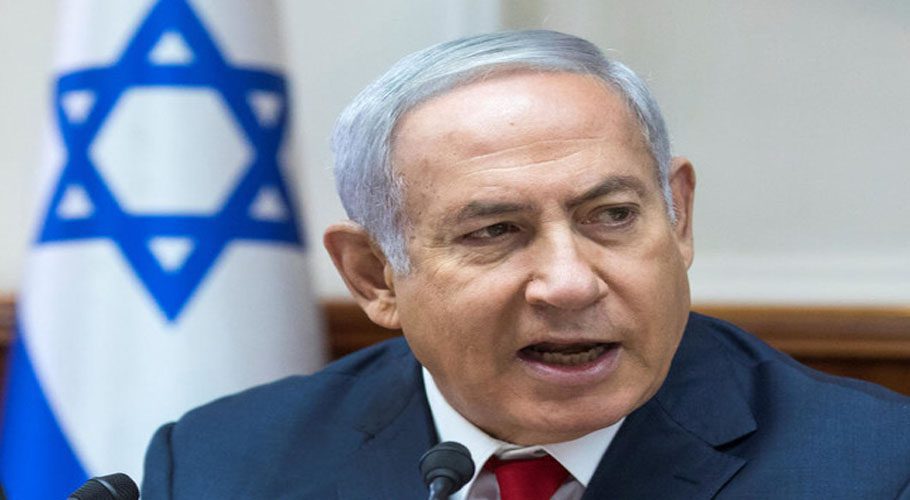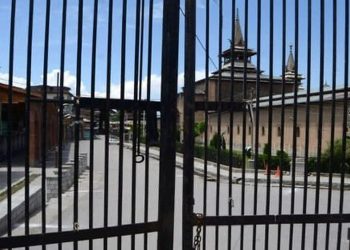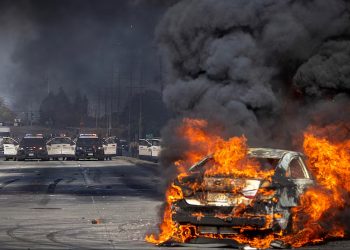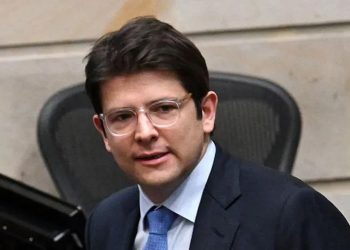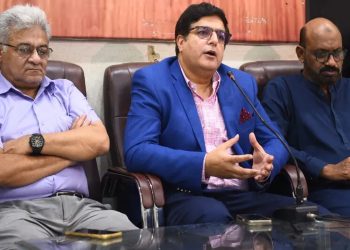Donald Trump’s court appearances are no longer distractions from his campaign to return to the White House. They are central to it. The dynamic was on full display Monday as the former president and GOP front-runner returned to New York for the opening day of a civil fraud trial accusing him of grossly inflating the value of his businesses.
The judge overseeing the case, Arthur Engoron, resolved the lawsuit’s top claim before the trial even began, ruling that Trump routinely deceived banks, insurers and others by exaggerating the value of assets on paperwork used in making deals and securing loans. Engoron will decide on six remaining claims in New York Attorney General Letitia James’ lawsuit, including allegations of conspiracy, falsifying business records and insurance fraud.
It’s just one of many legal problems that have ensnared the former president as he runs for a return to the White House in 2024.
Here’s a look at some of the other top probes against Trump:
CLASSIFIED DOCUMENTS CASE
Special counsel Jack Smith has been leading two federal probes related to Trump, both of which have resulted in charges against the former president.
The first charges to result from those investigations came in June when Trump was indicted on charges he mishandled top secret documents at his Florida estate. The indictment alleged that Trump repeatedly enlisted aides and lawyers to help him hide records demanded by investigators and cavalierly showed off a Pentagon “plan of attack” and classified map.
ELECTION INTERFERENCE
Smith’s second case against Trump was unveiled in August when the former president was indicted on felony charges for working to overturn the results of the 2020 election in the run-up to the violent riot by his supporters at the U.S. Capitol on Jan. 6, 2021.
The four-count indictment includes charges of conspiracy to defraud the United States government and conspiracy to obstruct an official proceeding: the congressional certification of Biden’s victory. It describes how Trump repeatedly told supporters and others that he had won the election, despite knowing that was false, and how he tried to persuade state officials, Vice President Mike Pence and finally Congress to overturn the legitimate results.
In their charging documents, prosecutors referenced a half-dozen unindicted co-conspirators, including lawyers inside and outside of government who they said had worked with Trump to undo the election results and advanced legally dubious schemes to enlist slates of fake electors in battleground states won by Biden.
The case is set for trial March 4, 2024, in federal court in Washington.
HUSH MONEY SCHEME
Trump became the first former U.S. president in history to face criminal charges when he was indicted in New York in March on state charges stemming from hush money payments made during the 2016 presidential campaign to bury allegations of extramarital sexual encounters.
He pleaded not guilty to 34 felony counts of falsifying business records. Each count is punishable by up to four years in prison, though it’s not clear if a judge would impose any prison time if Trump were convicted.
The former president is next set to appear in state court on Jan. 4, before Republicans begin their nominating process in earnest.
GEORGIA
Trump is charged alongside 18 other people — including former New York Mayor Rudy Giuliani and former White House chief of staff Mark Meadows — with violating the state’s anti-racketeering law by scheming to illegally overturn his 2020 election loss.
The indictment, handed up in August, accuses Trump or his allies of suggesting Georgia’s Republican secretary of state could find enough votes for him to win the battleground state; harassing an election worker who faced false claims of fraud; and attempting to persuade Georgia lawmakers to ignore the will of voters and appoint a new slate of Electoral College electors favorable to Trump.
Two of them, lawyers Sidney Powell and Kenneth Chesebro, are scheduled to go on trial later this month. A trial date for Trump and the others has not yet been set.








